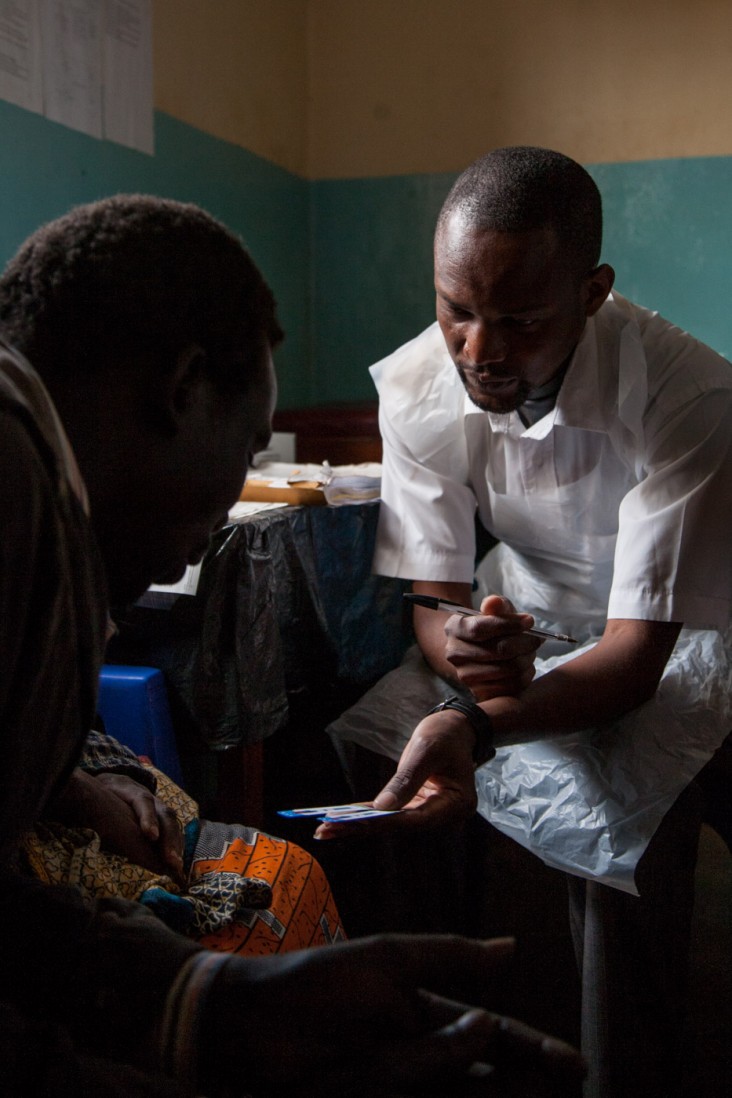
Although national HIV prevalence decreased from 12 percent in 2004 to 10.6 percent in 2010, Malawi continues to face a severe epidemic. There are an estimated 1.1 million Malawians living with HIV and over 771,000 orphaned children, many due to AIDS.
With President’s Emergency Plan for AIDS Relief (PEPFAR) resources, USAID has been able to invest in high-impact HIV prevention, treatment, and care activities with the goal of controlling the HIV epidemic. USAID’s HIV investments mitigate the social and economic impact of the disease, especially among orphans and vulnerable children.
Similarly, USAID supports health systems strengthening efforts that directly contribute to reducing new HIV infections and saving lives. These efforts support national and district governance structures, capacity building interventions for civil society and public sector institutions, commodity availability and supply chain functionality, and use of quality data for decision making. USAID supports human resources for health through pre-service and in-service training to support HIV testing, and retention in care and treatment programs. Through the DREAMS initiative, USAID is implementing a comprehensive package of interventions in schools and communities to reduce the vulnerability of adolescent girls and young women to HIV.
IMPACT
IN FY 2015, USAID:
- USAID and its partners played a central role in the Ministry of Health’s implementation of crucial HIV/AIDS services such as HIV testing and counseling, prevention of mother to child transmission, and antiretroviral treatment (ART). Through collaboration with the National AIDS Commission, USAID supports combination prevention with key and priority populations.
- Provided HIV testing for 1,253,394 individuals, including 374,594 pregnant women;
- Started 51,780 HIV-positive patients on antiretroviral treatment at USAID- supported facilities, of whom 14,683 were pregnant women;
- Kept 279,937 HIV-positive patients on ART at USAID-supported facilities;
- Scaled up Voluntary Medical Male Circumcision in six southern districts, providing services to 70,307 men;
- Provided 174,129 OVC with healthcare, nutrition, education, psycho- social support, and household economic strengthening services; and
- Supported 39 registered nurses who graduated from Kamuzu College of Nursing.







Comment
Make a general inquiry or suggest an improvement.